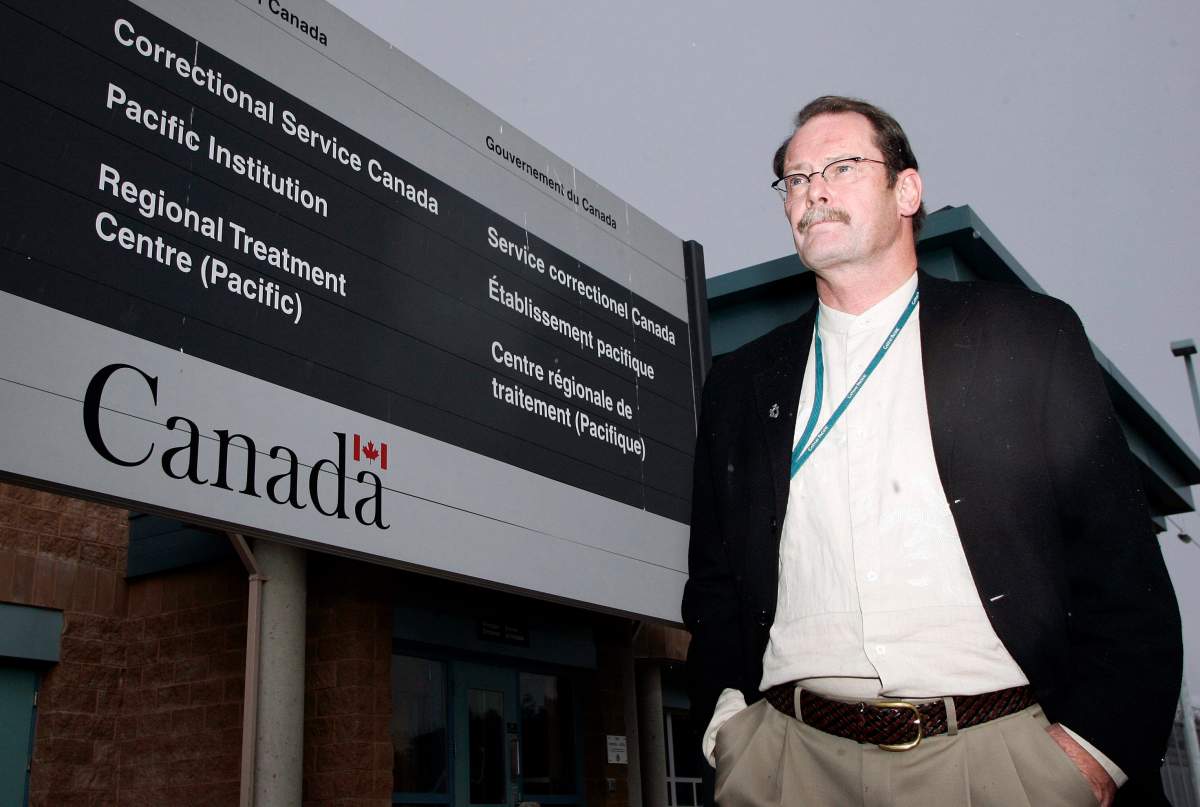An organization that works with the most high-risk sex offenders after they’re released from prison is scrambling for new funding sources as the federal government prepares to cut it off.

Circles of Support and Accountability is a Mennonite non-profit that’s worked for years in communities across Canada as a kind of transitional support group for sex offenders fresh out of prison.
It’ll lose $1.5 million at the end of September, money that used to come from the National Crime Prevention Centre. And at the end of March, it loses another $325,000 from Correctional Services Canada. (Its Ontario programs are in the second year of a five-year contract, and the group has “verbal confirmation” that says regional coordinator Eileen Henderson.
The people the program works with, many of them violent or serial rapists, often walk free, their sentences complete, with few supports in the community and few – if any – resources helping to keep them from reoffending.
And as a Global News investigation revealed, they’re more likely to settle in the poorest neighbourhoods when they get out – farthest from transit and government services.
READ MORE: Here’s the sex offender map Ontario didn’t want you to see
Circles of Support provides everything from help getting housing, a job and proper identification to a common community, a place to spend Christmas or birthdays.
But where the “Accountability” comes in is keeping these convicts clean – assessing their triggers, checking in regularly and ensuring they don’t come close to reoffending.

Get daily National news
“We provide a set of listening ears and eyes and say, ‘We’re concerned about you. We support you .We don’t want there to be any more victims,’” Henderson said.
“All of us are best when we’re supported by communities that know about us and care about us.
“It’s not rocket science.”
And it works: Freed offenders who’ve been through the program have proven 80 per cent less likely to recidivate than their counterparts left to fend for themselves.
While it’s largely composed of volunteers, the program, which runs in 16 communities across Canada, does need cash to keep the lights on. And that’s being cut off in chunks as Corrections Canada seeks to save money even as it adds inmates and builds new places to house them.
“We had hoped, on a national basis, we would be able to find alternative funding to replace those dollars. And so far we have not been able to replace that funding,” Henderson said.
“People are committed to try and keep it going. But no one’s sure how that will look. … What’s the most we can do with the least amount of dollars, and can we do that in a way that does not impact community safety?”
The program’s financially precarious position is itself a reprieve: It was originally going to lose Corrections funding this year instead of next.
“CSC restored funding to Circles of Support and Accountability for the fiscal year ending March 2015,” spokesperson Sara Parkes said in an email. “CSC cannot speak in regards to other federal funding sources.”
NDP critic Randall Garrison argues the decision to cut funding will endanger public safety.
“This is going to result in more victims.”
Henderson’s worried about the fate of clients or would-be clients who’ll fall through the cracks. But she’s just as worried about the safety of the communities where these people will be living, at high risk of committing more crimes, with no support system whatsoever.
“It’s ultimately a whole lot cheaper than having people reoffend.”


Comments